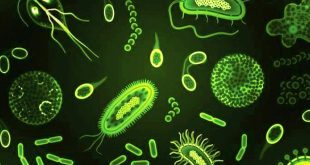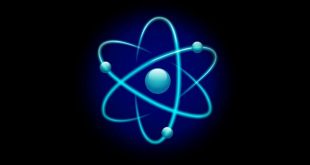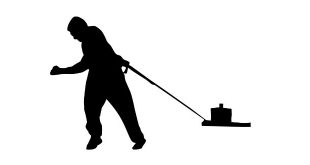Question: Who wrote the book “The Origin of Species”? Answer: Charles Darwin in 1859. Question: Who proposed the classification of organisms into 5 kingdom? Answer: Robert Whittaker (1959). Question: Define species. Answer: All organisms that are similar to breed and perpetuate. Question: Give example of the organism belonging to Monera and Protista Kingdom. …
Read More »9th Class (CBSE) Science: Why Do We Fall Ill
Question: Define health. Answer: Health means a state of physical, mental and social well-being. Question: Define disease. Answer: Disease means being uncomfortable. Question: What do you mean by symptoms of disease? Answer: Symptoms of disease are the signs of a disease which indicates the presence of a particular disease. Question: What …
Read More »9th Class (CBSE) Science: Natural Resources
Question: Name the three processes in which oxygen is used. Answer: Combustion, respiration and in the formation of oxides of nitrogen. Question: Name two natural resources available on the earth. Answer: Water and air. Question: Give one example of biotic component of the biosphere. Answer: All animals, plants and micro …
Read More »9th Class (CBSE) Science: Structure of the Atom Quiz
NCERT 9th Class (CBSE) Science: Structure of the Atom Quiz 17 Multiple Choice Questions related to NCERT 9th Class (CBSE) Science: Structure of the Atom Quiz Canal rays are positively charged radiations which led to the discovery of positively charged sub-atomic particle called proton. As per Rutherford’s model of an …
Read More »9th Class (CBSE) Science: Structure of the Atom
Question: What is an election? State its relative mass and charge. Answer: The negatively charged particle found in the atoms of all elements is known as electron. The relative mass of an election is 1/1840 u & charge is – 1 (minus one). Question: What is the absolute mass & …
Read More »NCERT 9th Class (CBSE) Science: Sound
Sound – 9th Class NCERT CBSE Science Chapter 12 Question: Can sound travel through: Carbon Water Answer: yes yes Question: Can sound travel through vacuum? Answer: No, sound cannot travel through vacuum. Question: Name the type of waves which are used by astronauts to communicate with one another on moon (or in …
Read More »9th Class (CBSE) Science: Atoms and Molecules
Question: Define law of conservation of mass. Answer: In a chemical reaction mass can neither be created nor destroyed. E.g., 2Na + Cl2 —–> 2NaCl 2 x 23 + 2 x 35.5 ——> 2(23 + 35.5) Question: Explain law of constant proportion. Answer: In a chemical substance the elements are always …
Read More »NCERT 9th Class (CBSE) Science: Energy and Work
Question: Does work done depend upon the velocity of the body. Answer: No. Question: State the law of conservation of energy. Answer: It states that energy can neither be created nor destroyed. It can only change its form. Question: In a tug-of-war one team gives way to the other. What …
Read More »NCERT 9th Class (CBSE) Social Science: Clothing: A Social History
Question: What does the change in styles of clothing linked with? Answer: Changes in styles of clothing are thus linked up with shifts in cultural tastes and notions of beauty, with changes within the economy and society, and with issues of social and political conflict. Question: What were Sumptuary Laws? …
Read More »NCERT 9th Class (CBSE) Social Science: Democratic Rights
Question: Define Fundamental Rights. Answer: The Fundamental Rights are those basic conditions which are considered essential for the overall development of a person. These are guaranteed under the Constitution. Question: ‘Some rights need to be placed higher than the government’. Give reason. Answer: Thought it is the duty of each democratic government …
Read More » Class Notes NCERT Solutions for CBSE Students
Class Notes NCERT Solutions for CBSE Students







